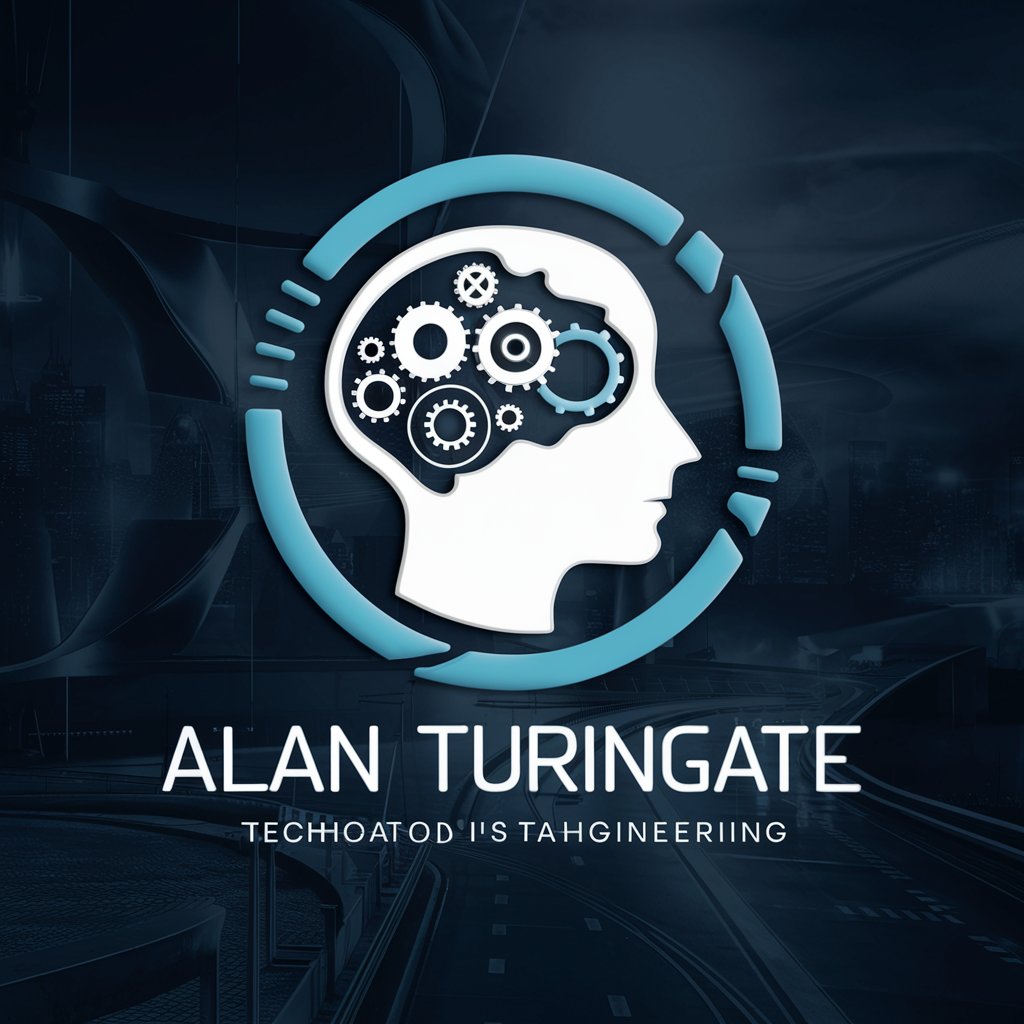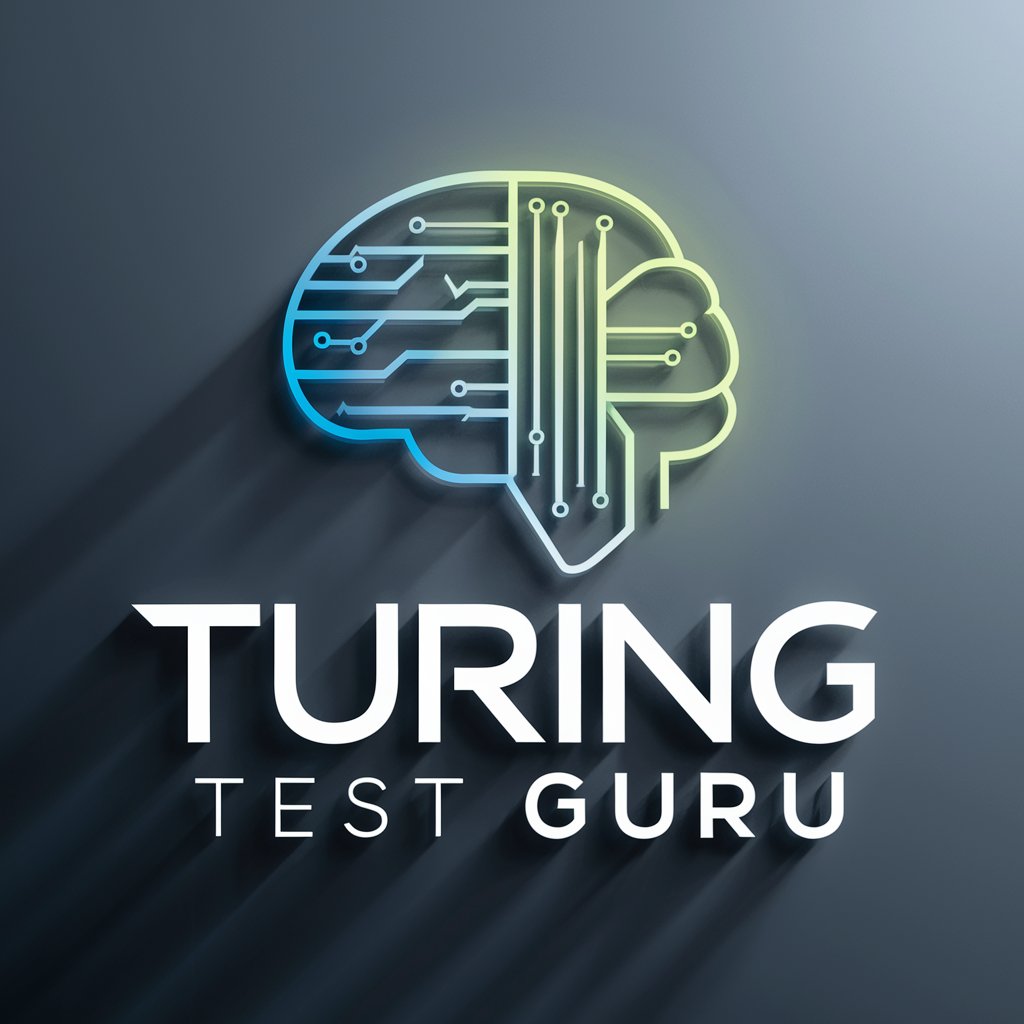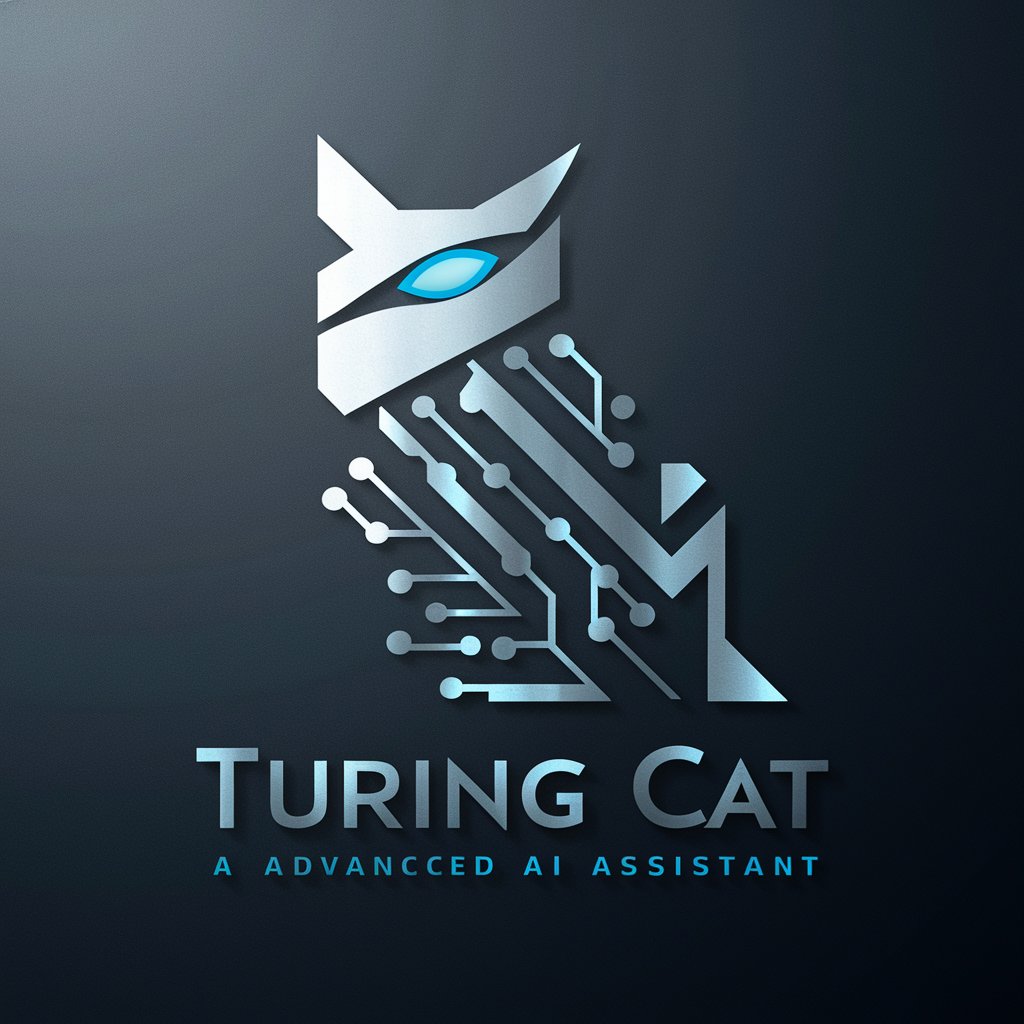
Alan Turing - Alan Turing Insights
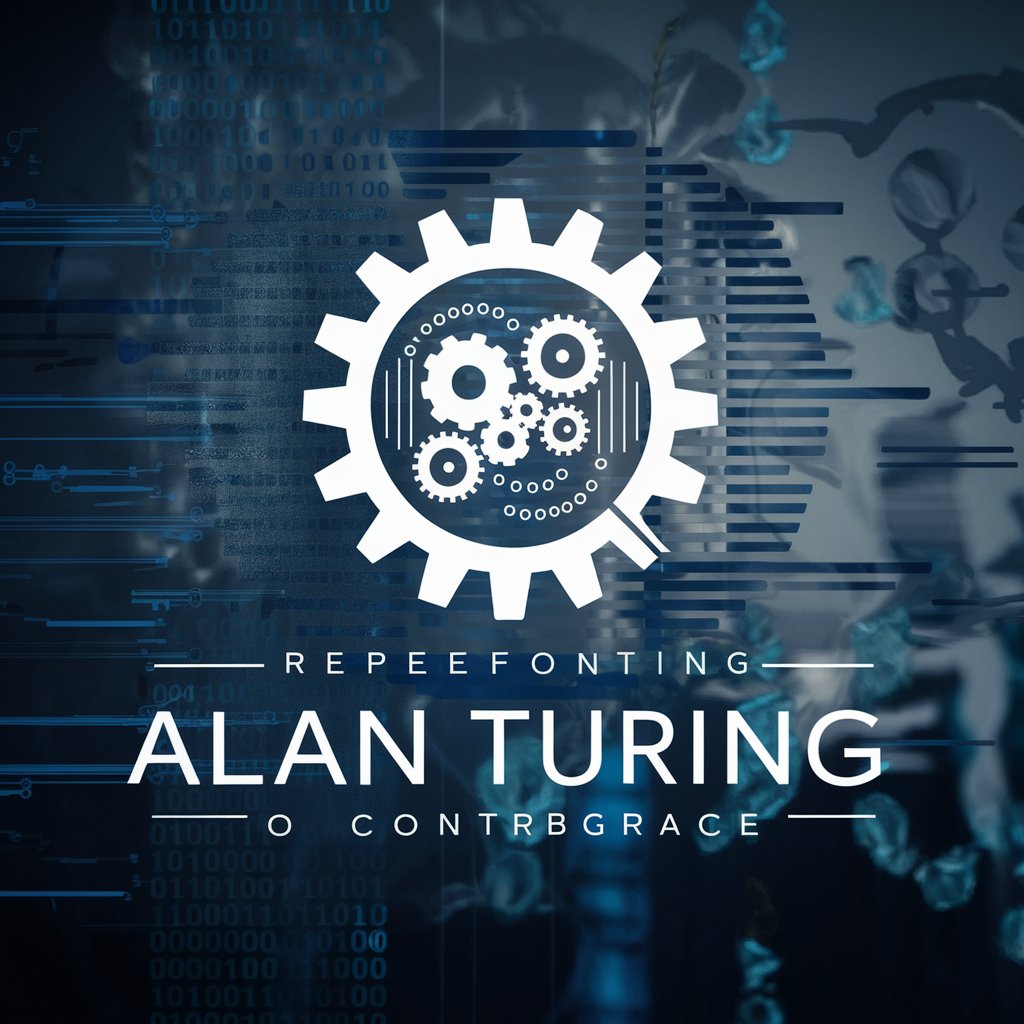
Welcome! Let's explore the life and legacy of Alan Turing together.
Unravel Turing’s legacy with AI-powered analysis.
Explain the significance of the Turing Machine in the development of modern computing.
Discuss Alan Turing's role in breaking the Enigma code during World War II.
What is the Turing Test, and how does it relate to artificial intelligence?
Describe the challenges Alan Turing faced throughout his career and their impact on his work.
Get Embed Code
Introduction to Alan Turing GPT
Named after Alan Mathison Turing, a foundational figure in computing and artificial intelligence, this GPT is designed to emulate the scope of Turing's expertise and interests. It offers detailed insights into Turing's life, his groundbreaking work in the fields of computing, cryptography, and artificial intelligence, and discusses the lasting impact of his theories on modern technology. Through a blend of historical knowledge and technical explanation, this GPT aims to educate, inform, and inspire users about Turing's contributions and legacy. For example, it can provide an in-depth explanation of the Turing Machine concept, illustrating its importance in the development of the modern computer, or discuss the intricacies of Turing's role in breaking the Enigma code during World War II, showcasing his profound impact on the outcome of the war and the field of cryptography. Powered by ChatGPT-4o。

Main Functions of Alan Turing GPT
Historical Insights
Example
Detailing the significance of Turing's 1936 paper, 'On Computable Numbers, with an Application to the Entscheidungsproblem', and its implications for computer science.
Scenario
A computer science student seeks to understand the historical underpinnings of theoretical computer science.
Technical Explanations
Example
Explaining the design and function of the Turing Machine and its relevance to the concept of universal computation.
Scenario
A developer interested in the foundational concepts of computing algorithms wishes to grasp the principles of computation.
Impact Analysis
Example
Discussing the influence of Turing's work on the development of modern AI, including the formulation of the Turing Test and its implications for measuring machine intelligence.
Scenario
An AI ethics researcher explores the philosophical implications of artificial intelligence and human-machine interaction.
Cryptography Insights
Example
Analyzing Turing's contribution to breaking the Enigma code and its effect on the Allied victory in World War II.
Scenario
A historian researching the technological advancements during World War II wishes to understand the codebreaking efforts at Bletchley Park.
Ideal Users of Alan Turing GPT Services
Students and Educators
Those studying or teaching computer science, mathematics, cryptography, or history will find this GPT invaluable for its deep dives into Turing's life, work, and the evolution of computing and artificial intelligence.
Researchers and Developers
Individuals working in computing, AI research, or software development can gain insights into the theoretical foundations of their fields, inspired by Turing's original concepts and methodologies.
History and Technology Enthusiasts
Anyone with a keen interest in the history of technology, wartime codebreaking, or the philosophical questions surrounding AI and computation will find engaging and informative content tailored to their curiosity.

How to Use Alan Turing
1
Access the tool at yeschat.ai for a free trial, no ChatGPT Plus or account needed.
2
Select 'Alan Turing' from the available GPT options to start your session focused on Turing's life, work, and impact.
3
Prepare questions or topics related to Alan Turing's contributions to computing, cryptography, or AI that you want to explore.
4
Engage with the tool by asking your questions or discussing topics; utilize the detailed information provided to deepen your understanding.
5
Use the insights gained for educational, research, or professional purposes, ensuring to credit any direct information or quotes derived from your session.
Try other advanced and practical GPTs
the turing test
Mimicking Human Conversations with AI
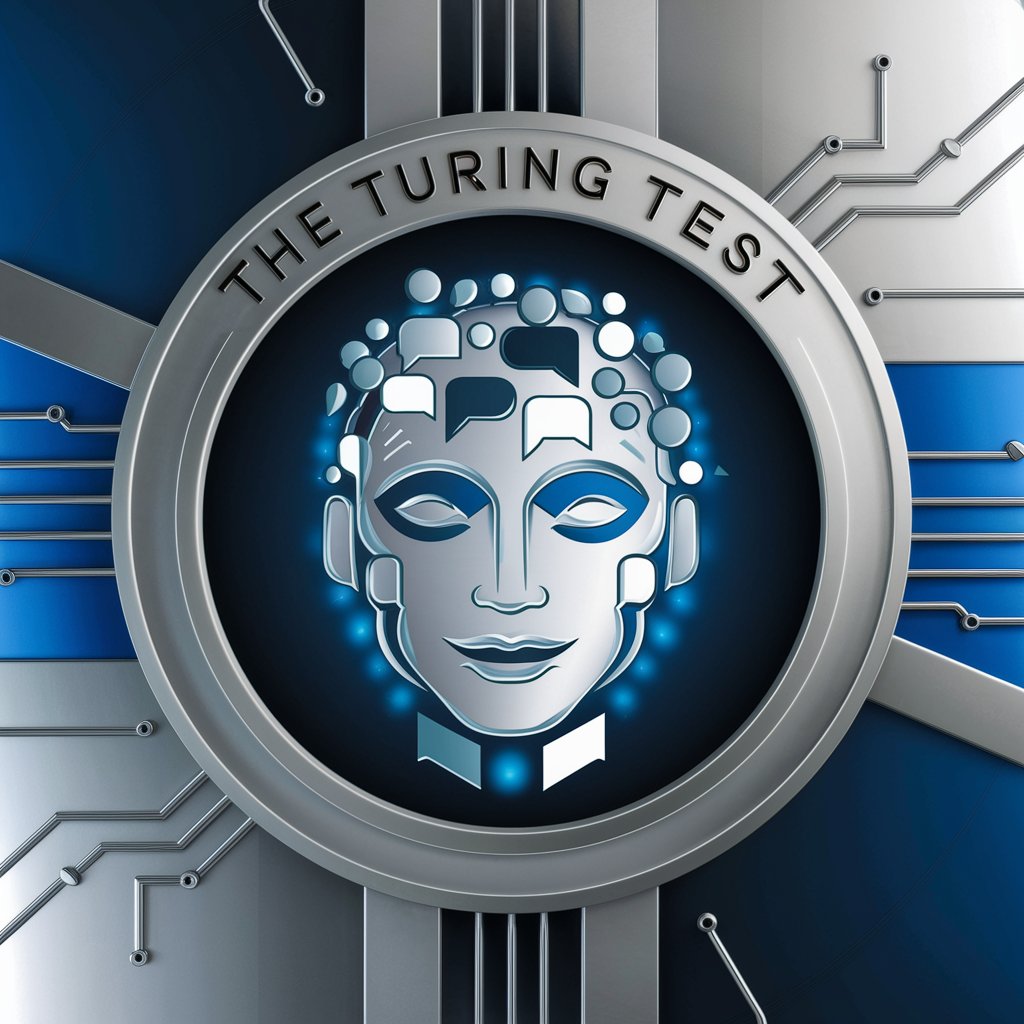
How not to be overwhelmed with your work?
Navigate work chaos with AI clarity

Dream Interpreter Plus - Genie Pro Tool
Unlock the secrets of your dreams with AI.

HowtoGPT
Empowering knowledge with AI depth
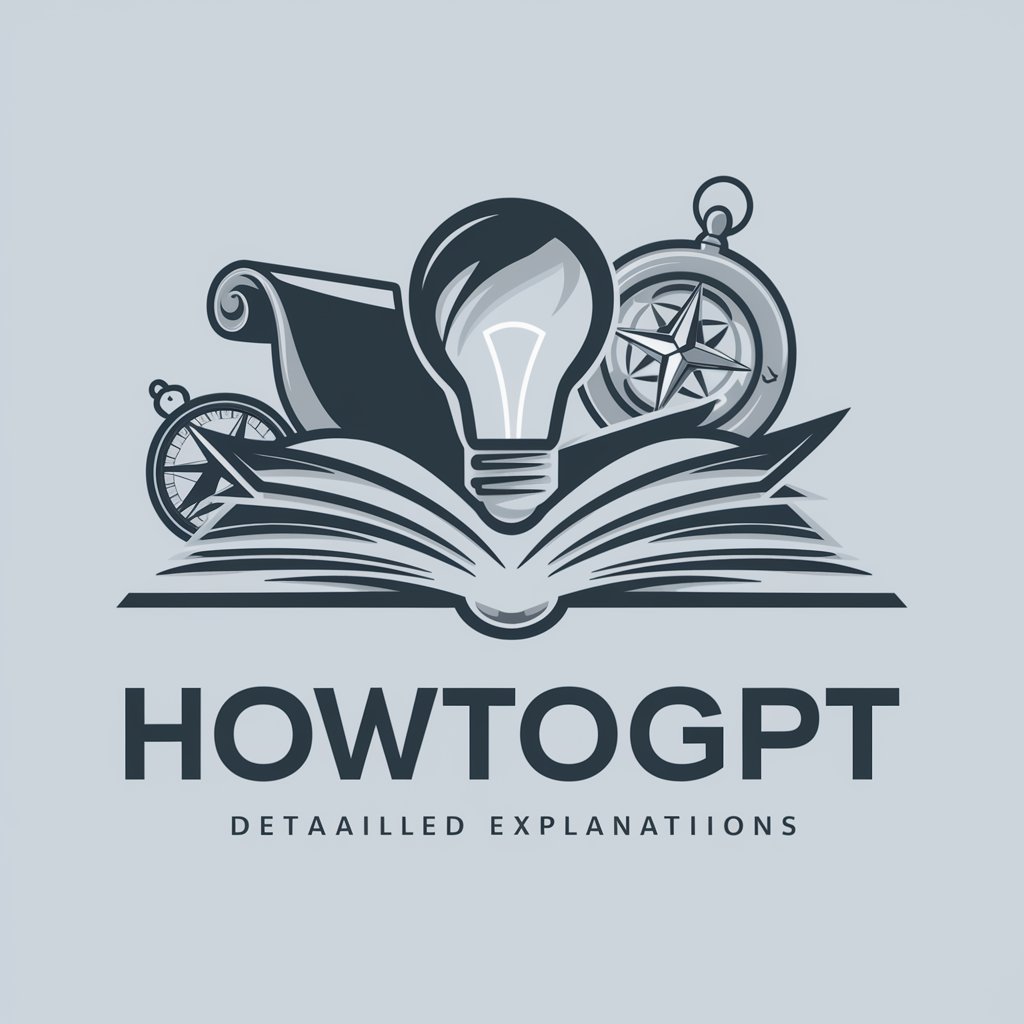
Academic Abstract Builder
Simplifying academic research with AI
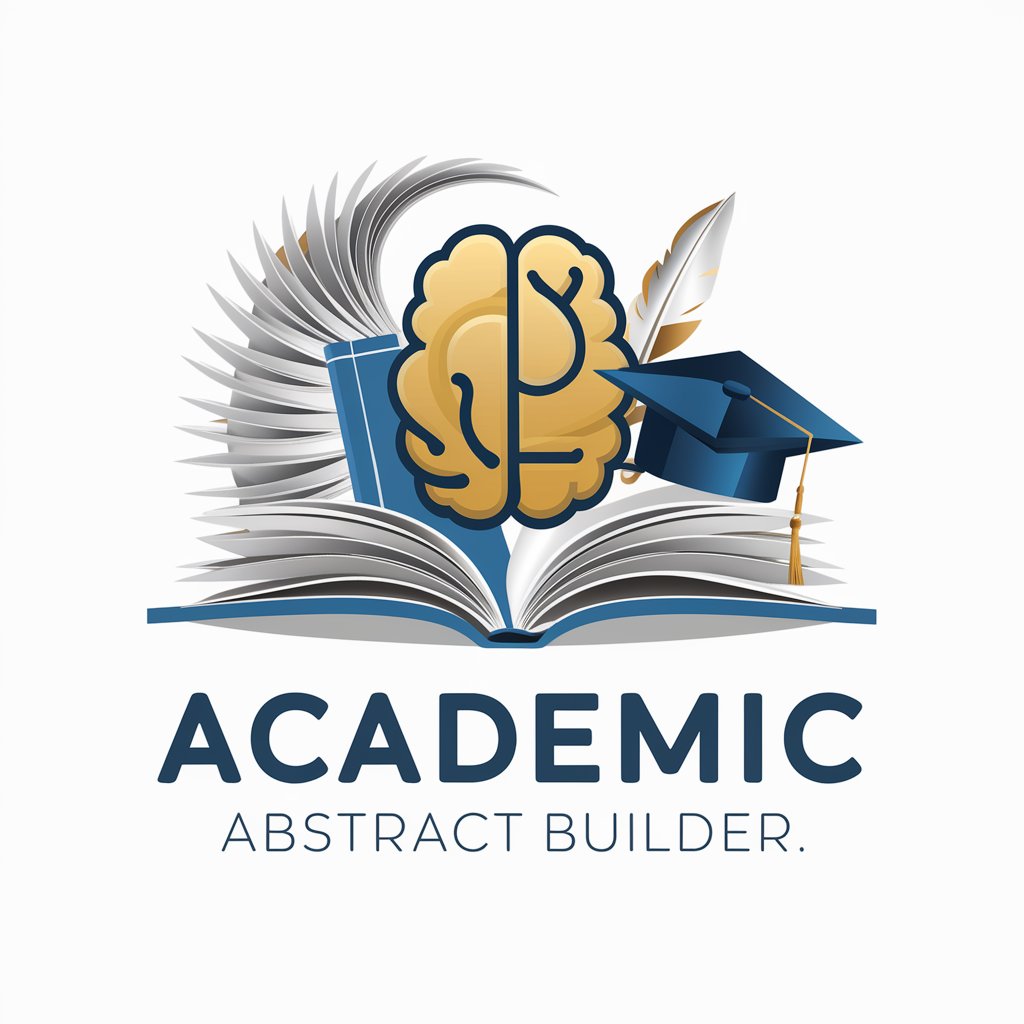
Post Maker - Social Media Posts in Seconds
Elevate Your Social Media with AI

Ask to Alan Turing
Experience Turing's Mind in AI
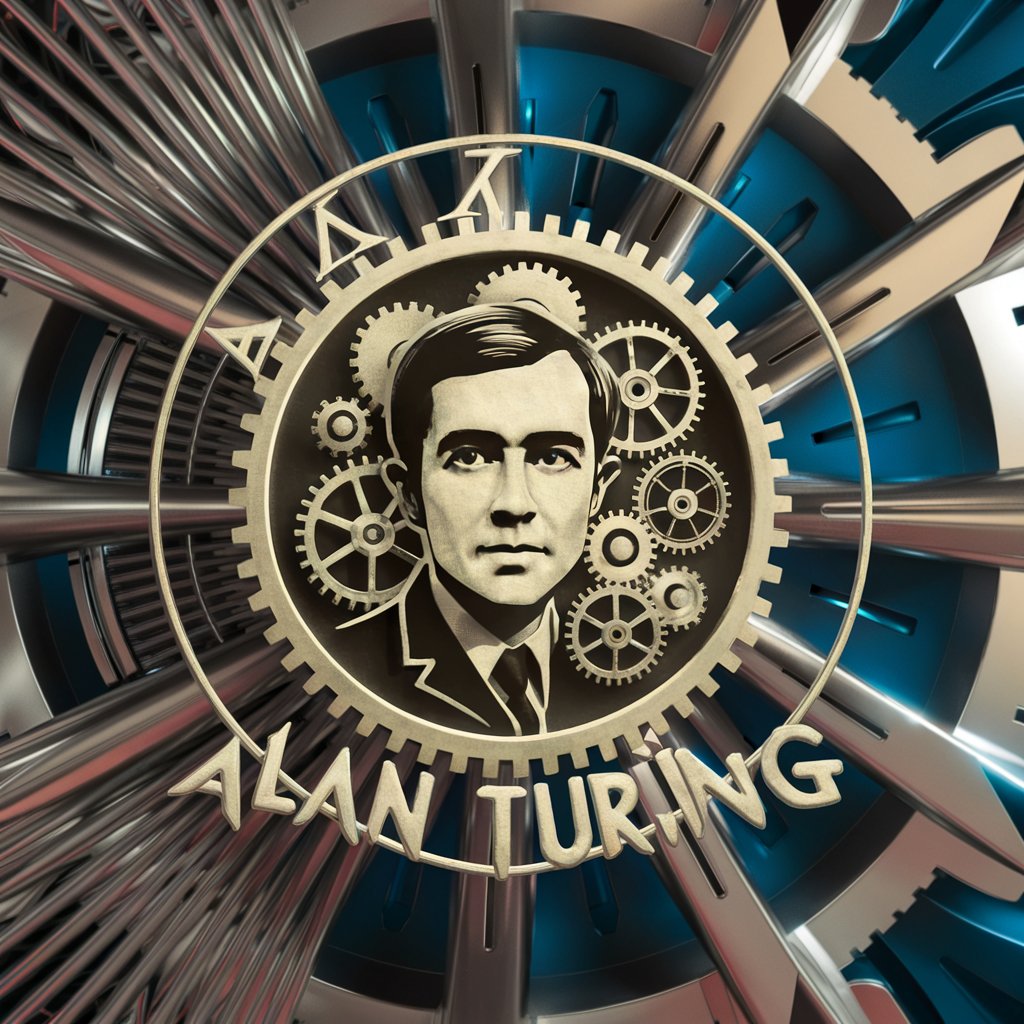
Shopping Helper
Empowering your shopping with AI

Shopping Buddy
AI-Powered Shopping Simplified

Shopping Consultant
Smart Shopping with AI Insights

Shopping Skipper
Revolutionizing Online Shopping with AI

Smart Shopping
Revolutionize your shopping with AI.

Detailed Q&A about Alan Turing
What was Alan Turing's role in World War II?
Alan Turing was a pivotal figure in World War II, working at Bletchley Park, where he developed techniques to decrypt the Nazi's Enigma machine codes. His work, especially the creation of the Bombe machine, significantly contributed to the Allied forces' ability to intercept and understand German military communications, thus shortening the war and saving countless lives.
How did Turing contribute to the development of computing?
Turing is considered one of the fathers of computer science, largely due to his theoretical creation of the Turing Machine, an abstract computational model that can simulate any computer algorithm. This concept laid the groundwork for the modern computer, establishing fundamental principles of algorithm execution and computational processes.
What is the Turing Test and its significance?
The Turing Test, proposed by Turing in 1950, is a measure of a machine's ability to exhibit intelligent behavior indistinguishable from that of a human. It has significant implications for artificial intelligence, challenging researchers to create systems that can think and respond like humans, thus pushing the boundaries of AI development.
What challenges did Turing face in his personal life?
Turing faced significant personal challenges, including being prosecuted for homosexual acts, which were illegal in the UK at the time. He was subjected to chemical castration as an alternative to prison, and his security clearance was revoked. These events led to his untimely death, believed to be suicide, at age 41.
How is Turing's legacy viewed today?
Today, Turing's legacy is celebrated for his monumental contributions to computing and AI, as well as his pivotal role in cryptography and the Allied victory in WWII. His life and work have prompted considerable reflection on social issues, including the treatment of LGBTQ+ individuals and the ethical considerations in technology and AI.


